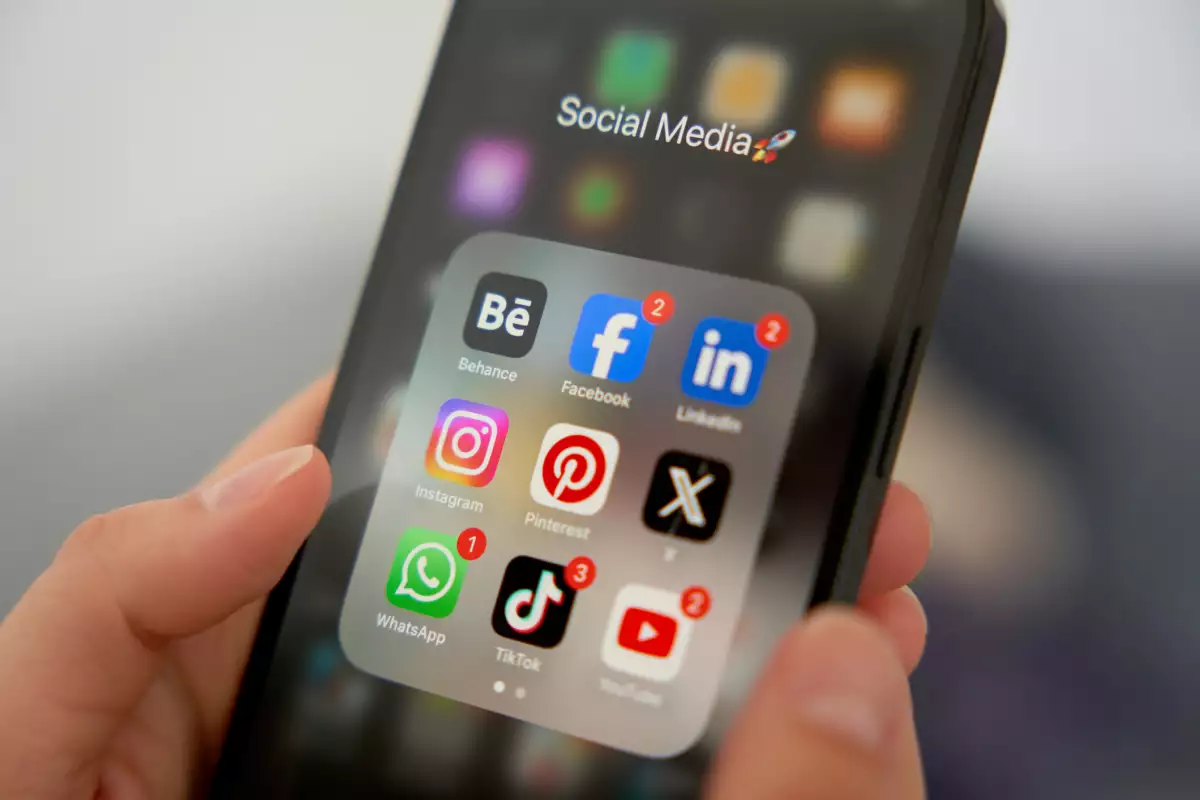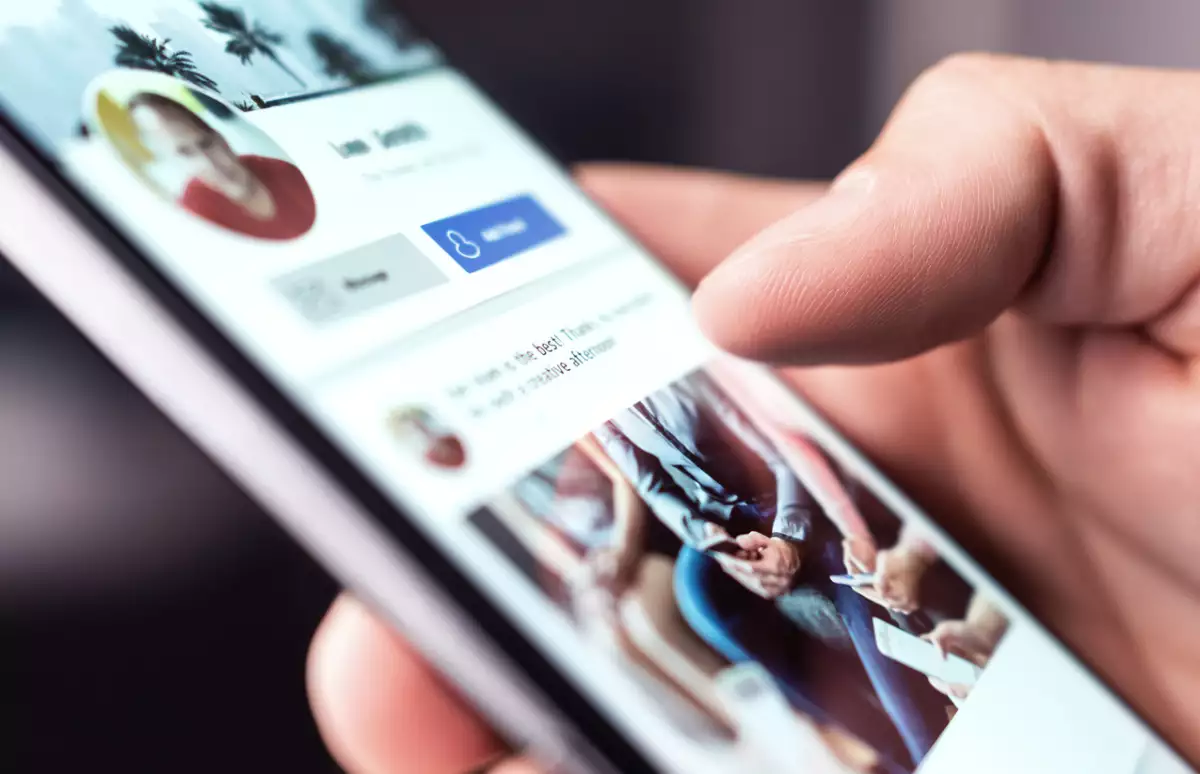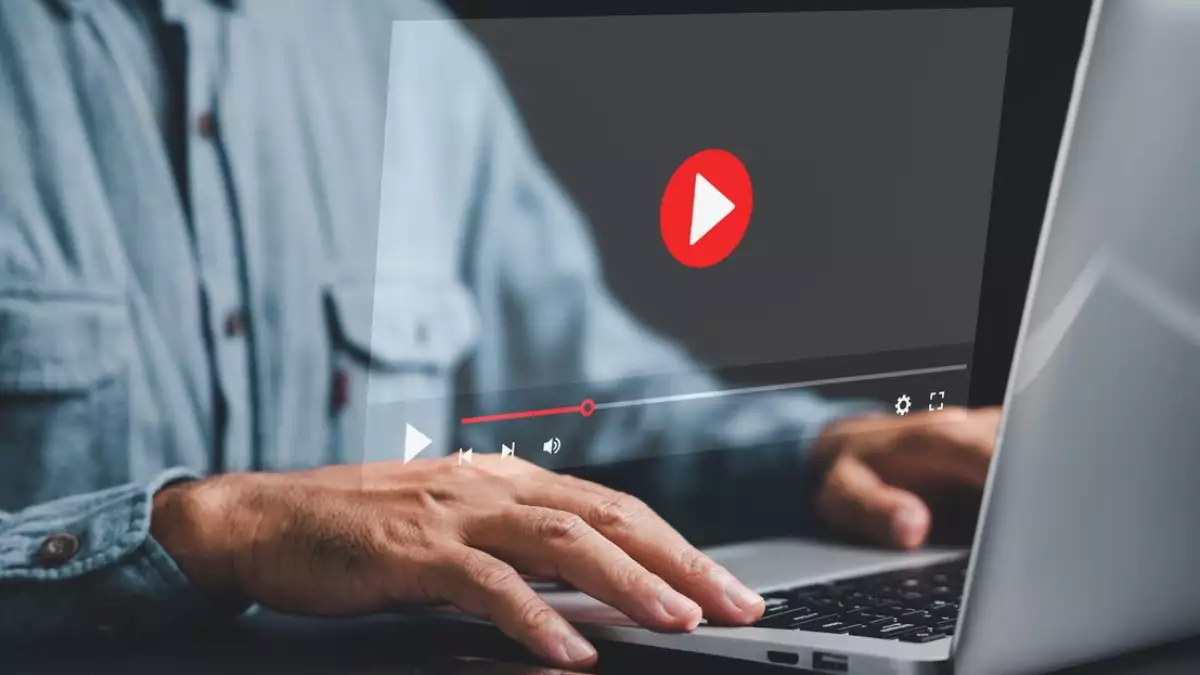
Protect your data: avoid sharing these 10 things on social media
Sharing information on social media can expose you to risks. Follow these recommendations from INAI to protect your privacy and avoid fraud or theft.
On social media, what you share could be used against you. From photos to personal data, every post has the potential to put your security at risk.
The National Institute for Transparency, Access to Information and Protection of Personal Data ( INAI ) offers a practical guide to prevent this from happening.
Personal data: an easy target for identity theft
Publishing your full name, phone number or address seems harmless, but these pieces of information can be used to impersonate you. According to the INAI, this data allows criminals to design strategies to commit fraud or extortion.
In addition, displaying documents such as birth certificates, passports or travel tickets makes sensitive data available that could be used in crimes such as forgery.
Finance and property: a magnet for criminals
By sharing information about your bank cards or account numbers, you open the door to potential financial fraud. Similarly, posts about purchasing expensive items, such as cars or houses, expose your financial capabilities, increasing the risk of theft.
The INAI warns that even announcing your travel plans can be dangerous, since making it clear how long you will be away from home can facilitate home robberies.
Emotional and family security: not everything has to be public
Posting photos of minors or personal information about friends and family compromises their privacy and security. Images of children and teenagers can be taken and shared without your consent, while data such as location or names of third parties leave them vulnerable.
Leave a comment:


Tranding News










